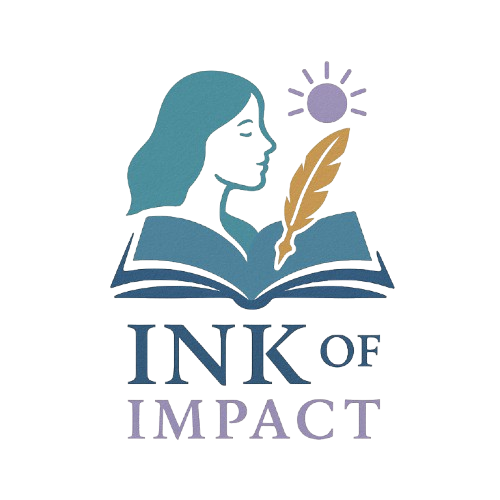The Life of a Blind Law Student Fighting for Accessibility and Respect in Delhi
Ankita Sharma was 12 when she gradually lost her eyesight due to a degenerative eye disease. By 14, the world around her had gone dark—but her ambition had only sharpened.
“I wanted to be a lawyer, not just for myself, but for people who couldn’t speak for themselves,” she says. But what Ankita didn’t expect was that the very system she wanted to serve would try to shut her out—quietly, structurally, and repeatedly.
Battling the Basics
Ankita’s first barrier wasn’t the courtroom—it was the classroom.
When she got admission to a prestigious law college in Delhi, her family was overjoyed. But excitement quickly turned to disillusionment. There were no Braille books, professors refused to share notes in soft copies, and lecture halls had no ramps or guidance systems for blind students.
“Sometimes, I’d just sit in class pretending to follow, while others laughed when I asked questions,” Ankita recalls.
Despite her academic merit, she was constantly made to feel like a burden—treated with pity, not respect.
Ableism in Academia
At every step, Ankita had to fight—not just for marks, but for basic dignity.
When she requested extra time during exams, an invigilator whispered loudly, “Why study if she can’t even write properly?” Another time, a teacher told her, “Law is not meant for people like you. It’s a tough field.”
Such statements weren’t rare—they were systemic.
Finding Her Strength
Instead of backing down, Ankita used her own lived experience as fuel. She filed multiple complaints under the Rights of Persons with Disabilities (RPWD) Act, 2016, and joined a student-led disability rights group.
Together, they advocated for screen reader software, tactile paving across campus, and sensitivity training for faculty. After two years of consistent pressure, the administration finally agreed to implement some of these changes.
Today, Ankita is in her final year of law school—and she’s interning with a human rights organization that fights for educational equity.
Her Vision for Justice
Ankita’s story isn’t just about disability—it’s about a system that refuses to make space for anyone who doesn’t fit its narrow definition of “normal.” Her fight is a reminder that true justice isn’t just about winning in court—it’s about making sure everyone has the right to reach the court in the first place.
“Blindness didn’t make me weak. Society’s attitude did. But that’s what I’m here to change,” she says with quiet conviction.
Why Ankita’s Story Matters
According to the 2011 Census, over 2 crore people in India live with disabilities. Yet access to education, infrastructure, and opportunity remains a luxury for most of them. Ableism—both subtle and overt—continues to rob bright minds of their potential.
Ankita’s story challenges us to not just see inclusion as charity—but as a right.
At Ink of Impact, we believe voices like Ankita’s need amplification—not just sympathy. True empowerment begins when we stop “accommodating” and start transforming.
